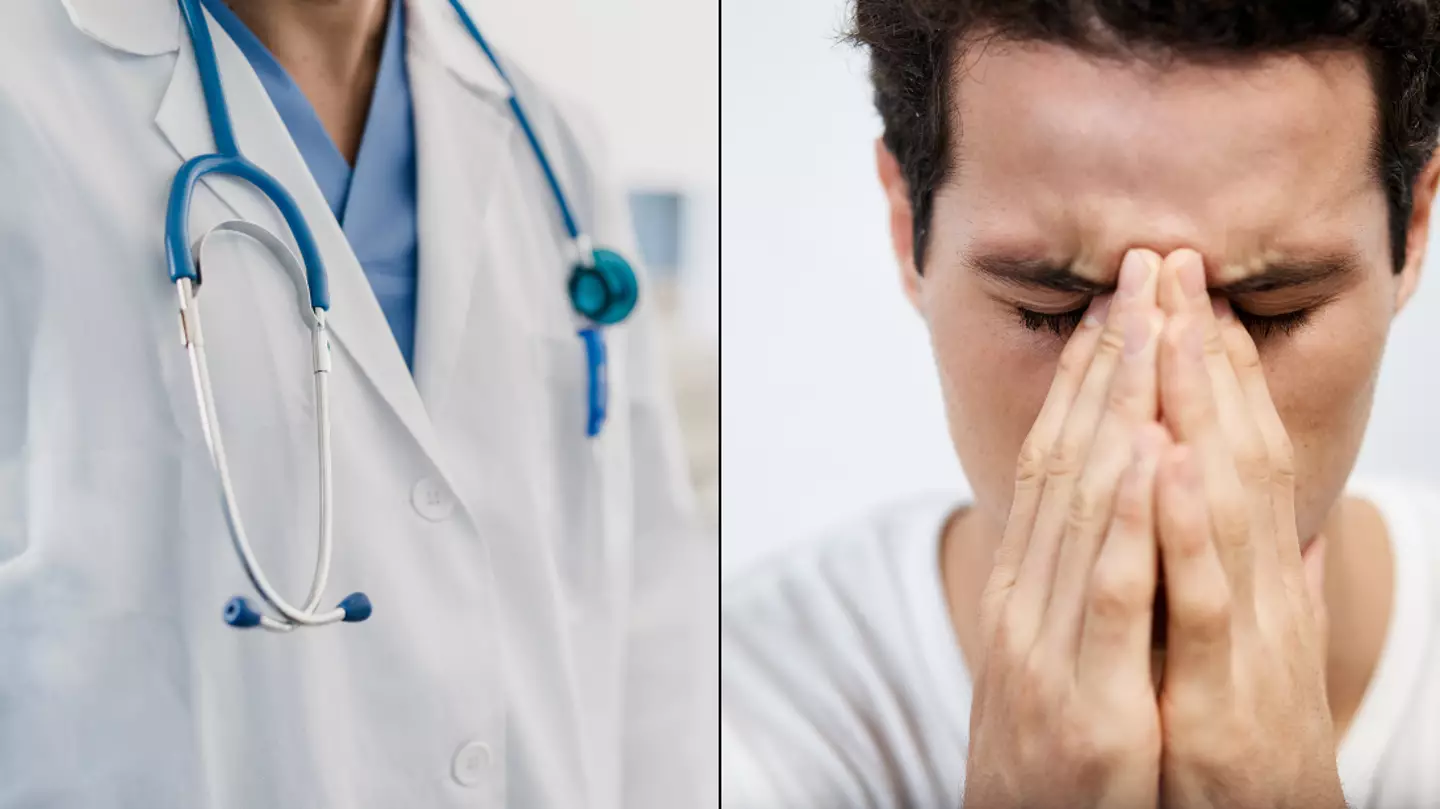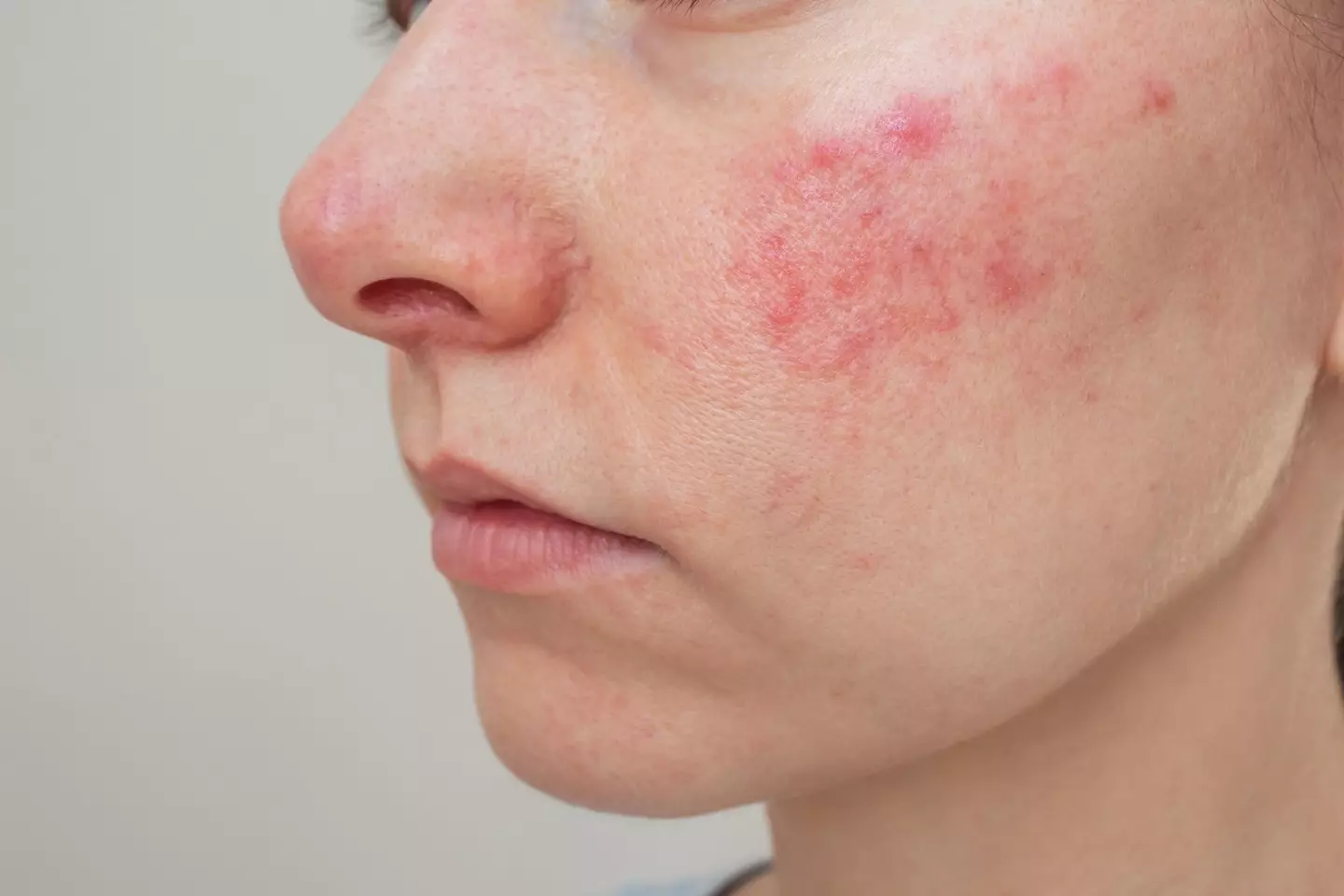
It’s easy to look at your face everyday and brush off what you might think are common ailments, but it could mean you’re missing some worrying symptoms.
Thankfully, a doctor has come out to reveal five signs of serious health problems that all present themselves in your facial area.
Dr Donald Grant, GP and Senior Clinical Advisor at The Independent Pharmacy told The Mirror that these signs could range anywhere from a vitamin deficiency to serious liver disease, and that changes in the face can mean bad things for your health.
Dr Grant explained: “From vitamin deficiency to liver disease, our faces can often signify a range of health issues. Understanding how the face can indicate health is an effective way of spotting conditions early and receiving the best treatment."
Here’s what you need to keep an eye on:
A puffy or swollen face
If you've been feeling a little puffy and sore, it could be an issue.
Advert
Dr Grant explained that ‘facial swelling can often be a sign of minor health issues such as hay fever or other allergic reactions. However, puffy faces may also indicate fluid retention - a common sign of kidney complications.’
He added: “A swollen face could also be a sign of conditions such as cellulitis, a skin infection that makes the skin appear red and swollen. This infection can occur all over the body, including on the face. To treat cellulitis, a GP can prescribe antibiotics with the infection usually clearing up after around a week of treatment."

Pale skin
He's not talking about us gingers...
Advert
The doctor said that ‘chronic illnesses, poor diet or vitamin deficiency can all lead to paleness in the skin.’
He explained: “This is often due to a lack of red blood cells or haemoglobin, leading to discolouration in the face. If you’re suffering from pale skin, incorporate iron-rich foods into your diet such as red meat, beans and lentils.”
Yellow skin or eyes
If you've woken up looking like a lemon, there's a serious reason.
Dr Grant shared that if they become yellow it could be ‘an indicator of jaundice’.
Advert
He explained that jaundice occurs when ‘the amount of bilirubin builds in the body. Jaundice can be caused by a range of health issues such as liver disease, hepatitis or sickle cell disease.’
"As jaundice can signify a range of health implications, it’s crucial to seek medical advice from a qualified GP to understand the root causes behind the facial changes,” Dr Grant added.

A rash
Rashes can be a bother, but if it doesn't go away, it could spell trouble.
Advert
“Persistent rashes on the face may indicate lupus, an autoimmune disease. These rashes tend to appear on the nose and cheeks before spreading to the arms and chest,” he said.
The doc shared: "Lupus is a long-term condition that can be diagnosed through blood tests, it’s essential to seek urgent medical attention if you feel you may have developed this disease. Aside from lupus, a facial rash could be a sign of allergies or rosacea."
Dry lips or skin
When your ChapStick doesn't work like it used to for your lips, maybe it's more than just changing seasons causing your issue.
Dr Grant said: "Lastly, while dry lips or skin can often be a sign of changing weather conditions or ageing, it’s also caused by dehydration. Signs of dehydration include flushed skin, dry cough, thirst and dark yellow pee. It’s important to maintain a healthy water intake throughout the day, adjusting accordingly when temperatures start to rise.
Advert
"Overall, it’s important to be aware of the different health indicators our faces provide. By understanding the common signs of illness or infection, people can receive early medical treatment to minimise symptoms."
If you notice any of these symptoms, it’s never an issue to book yourself in with your GP to check it out.
